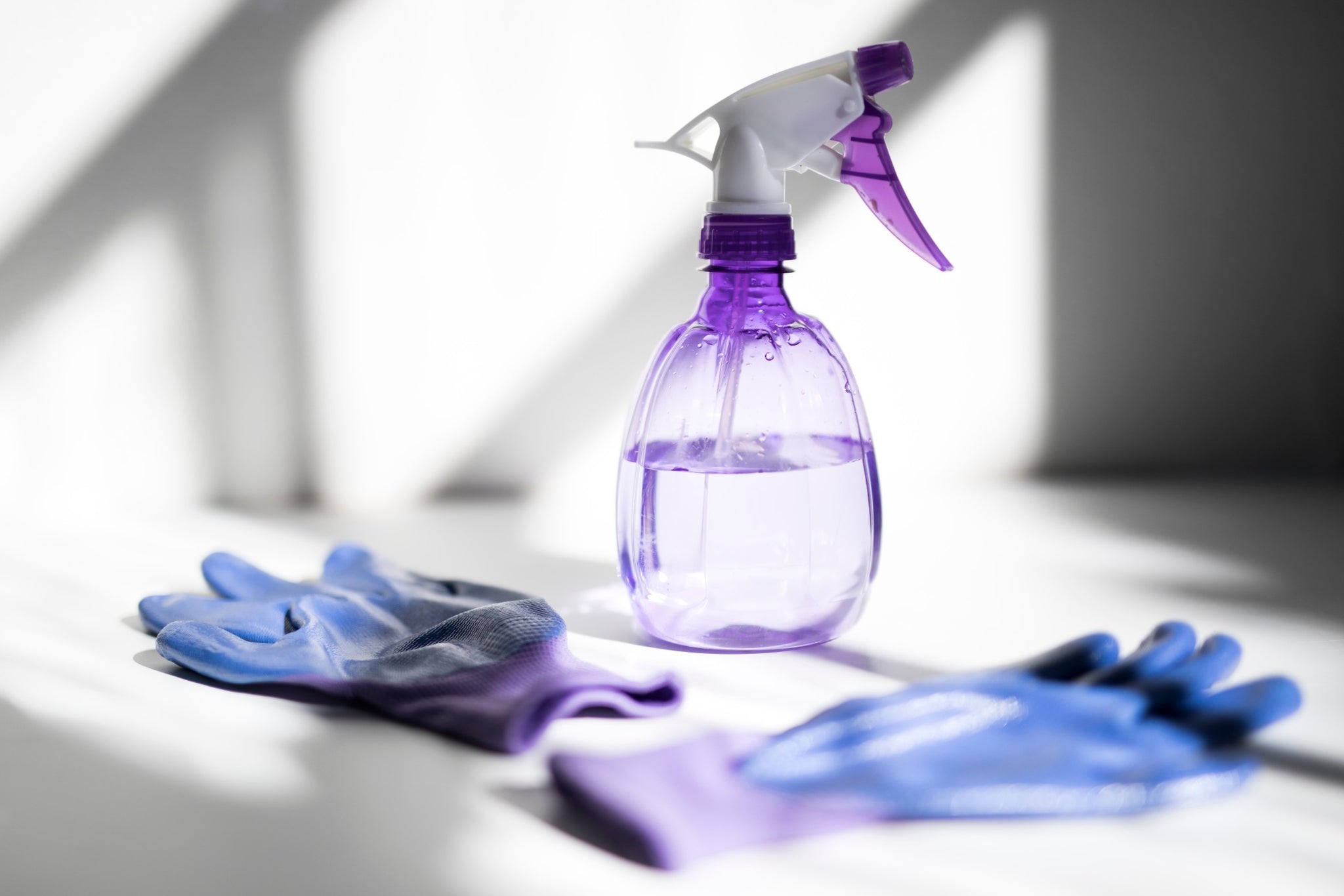The Chemistry of Cleaning Supplies
It happens to the best of us. We take simple things for granted, like how our food is made, where our garbage goes, and why our cleaning products work. Today, it’s time to get scientific. We will look into the unique chemical characteristics of different cleaning agents to learn their value in order to better protect your home from germs.
Now, right off the bat, it is important to remember that just because something is chemical, does not necessarily mean it is an effective cleaning solution. There is an extensive list of products out there that are helpful and work beautifully without chemicals. Some chemical cleaners are costly, smell horrible, and are dangerous for the environment.
Chemical agents don’t all work the same way. Even the best formulations will not be effective if applied incorrectly or inconsistently. Most disinfectants are anti-microbial whereas some are sporicidal. This means that it kills spores which prevent the regrowth of bacteria.
Isopropyl alcohol, in solutions between 60% and 90% alcohol, is antimicrobial against bacteria and viruses and is one of the most effective cleaners. Alcohol agents force cell proteins to clump and lose their function. Specifically, the cell membranes lose their structure and collapse, eventually dying. Alcohol cleaners should be diluted with water, as water acts as a chemical catalyst to assist in penetrating the cell wall more completely. Once it permeates the entire cell, the proteins coagulate, and therefore the microorganism dies.
Most people know it as a chemical used to treat the water in swimming pools, however, Chlorine is also a very common disinfectant used in a variety of cleaning solutions and applications. Very few chemicals are considered sporicidal; however, chlorine compounds in higher concentrations have been shown to kill bacterial spores. Chlorine works by oxidizing proteins, lipids, and carbohydrates. Hypochlorous acid, which is a weak acid that forms when chlorine is dissolved in water, has the most effect on the bacterial cell, targeting some key metabolic enzymes and destroying the organism.
Phenol is a disinfectant and antiseptic cleaning solution found in everyday products like air fresheners, hair spray, and cosmetics. Phenol and its derivatives exhibit several types of bactericidal action. At higher concentrations, the compounds penetrate and disrupt the cell wall and make the cell proteins fall out of suspension. The next step in the damage to the bacteria is the loss in the membrane’s ability to act as a barrier to physical or chemical attack. Though phenols can act at the germination stage of bacterial spore development, this effect is reversible, making them horrible at eliminating spores.
You may have heard about formaldehyde from its use as a sterilant in the embalming process. However, formaldehyde is also used as a surface and space decontaminate. Formaldehyde is a simple chemical compound made of hydrogen, oxygen, and carbon. All life forms including bacteria, plants, fish, animals, and humans naturally produce formaldehyde as part of cell metabolism. Formaldehyde-releasing ingredients found in everyday products, act as a preservative to kill microorganisms and prevent the growth of bacteria and other pathogens, extending product shelf life.
Having to use a different cleaner for each room and surface can be tedious. Hydrogen peroxide is unique because it is a multi-purpose cleaner that can be used on multiple surfaces. You can use it on tables, light switches, and laundry. Hydrogen peroxide is safe to clean with since it is a non-toxic substance. It won't hurt the environment, cause pollution, or create mutant animals, yet it is a strong disinfectant. The only caution that you'll need to take with hydrogen peroxide on hard surfaces is your countertops. If they are made of marble or granite, using hydrogen peroxide once in a while is okay but not for continuous use.
The final cleaning agent we will be talking about today is iodophors or iodine solutions. An iodophor is a combination of iodine and a solubilizing agent. Iodine is the only cleaning agent that is consistently active against bacteria, spores, amoebic cysts, fungi, protozoa, yeasts, drug-resistant bacteria.
Understanding how chemistry works in cleaning products can help you evaluate which ones are best suited to your family's needs.

